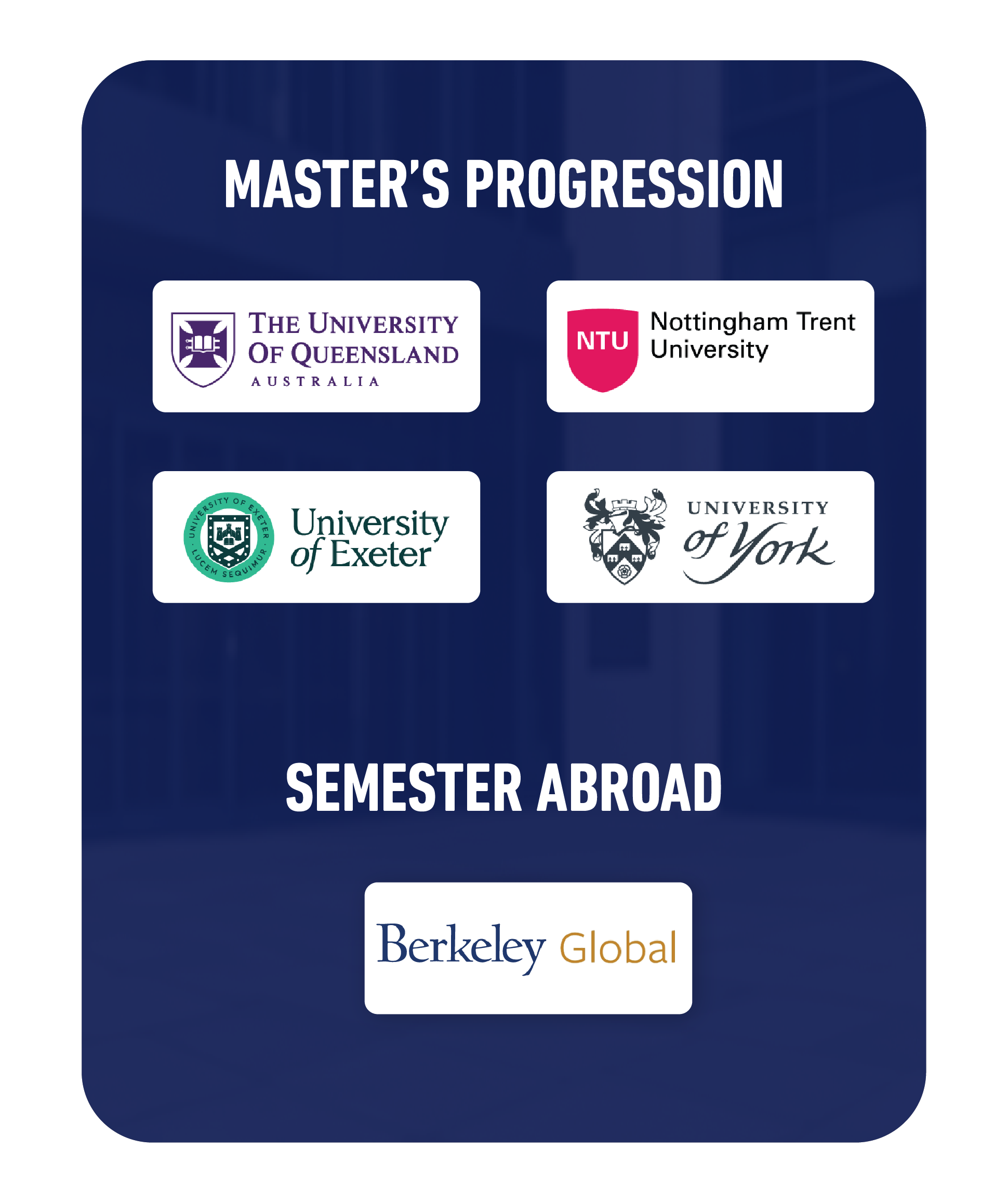School of Liberal Studies and Humanities
Preparing thought leaders for tomorrow
UPES School of Liberal Studies and Humanities prepares students to analyse global and local challenges through interdisciplinary learning, critical thinking, and experiential education. With international exposure, cross-cultural collaborations, and strong industry and community engagement, the school equips students to shape public discourse, influence policy, and create meaningful social impact—preparing them to lead in an interconnected, rapidly evolving world.

15+
Programs
40+
Faculty from IVY League
5:1
Student Faculty Ratio
*QS World University Rankings, 2026
Global Alliances


Faculty


Programs
Minimum 3 characters require
Stories of Excellence
Beyond Classroom
Know your programs
*' All programs listed here are subject to approval of the UPES Academic Council. UPES reserves the right to introduce/discontinue/modify new/existing programs at its sole discretion, without prior intimation to any party.’


















